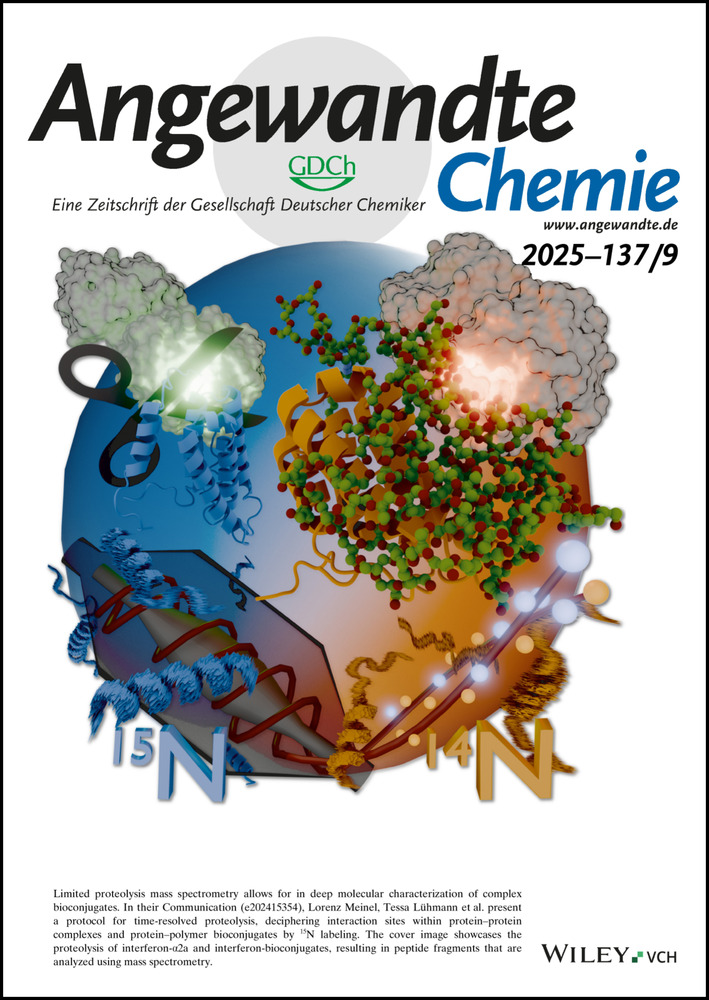Solvent-Free Chemical Recycling of Polyesters and Polycarbonates by Magnesium-Based Lewis Acid Catalyst
Abstract
Developing a simple and efficient catalyst system for closed-loop recycling of polymers to monomers is an essentially important but challenging task for the recycle of polymer wastes and preventing the downcycle of plastic products. Herein, we employ inexpensive, commercially available Lewis acids (LAs) to achieve closed-loop recycling in bulk through the catalytic depolymerization of aliphatic polyesters and polycarbonates. The scope of LAs is screened by thermogravimetric analysis experiments and distillation experiments. MgCl2 shows the best catalytic performance that can efficiently depolymerize eleven aliphatic polyesters and polycarbonates (i.e. poly(ϵ-caprolactone) and poly(trimethylene carbonate)), into monomers (up to 98 % yield) at temperatures significantly lower than the ceiling temperature. Moreover, this catalyst system exhibits high selectivity and compatibility towards the depolymerization of (co)polyesters as well as the blends of polyesters and polycarbonates in the presence of other commodity plastics, as well as excellent recycle and reuse catalyst performance. Mechanistic studies indicate that the closed-loop recycling of monomers is achieved through the random chain scission and terminal group cyclization.
Conflict of Interests
The authors declare no conflict of interest.
Open Research
Data Availability Statement
The data that support the findings of this study are available from the corresponding author upon reasonable request.




